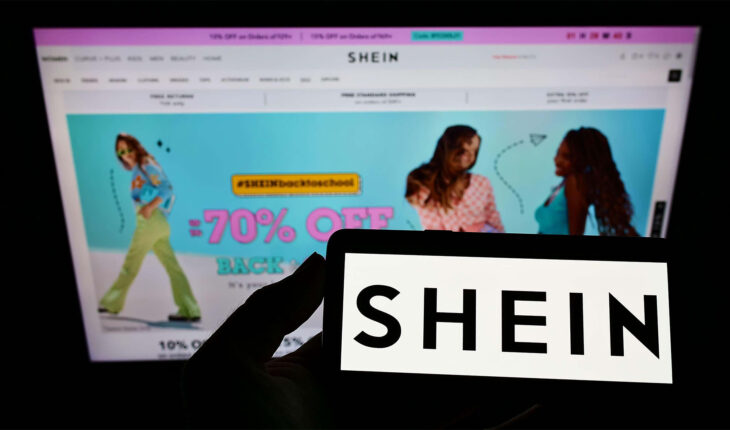Online fast fashion giants Shein and Temu are being summoned by a parliamentary committee for questioning over labour practice abuses in their supply chains.
Shein, which is hoping to list on the London Stock Exchange, faces a hearing on 7 January over concerns about the rights of workers in its supply chain, according to Reuters.
The cross-party Business and Trade committee, chaired by former Labour minister Liam Byrne, will also question Temu, another Chinese global online marketplace.
The parliamentary committee will examine the UK Government’s flagship employment rights bill as it regards protections for British workers. However, it will also look into ensuring sufficient protection against importing poor labour standards into the UK, including forced labour.
An update on the company’s website showed that Shein’s general counsel for Europe, Middle East and Africa (EMEA), Yinan Zhu, has been called as witness.
Temu’s senior legal counsel Stephen Heary and its senior compliance manager Leonard Klenner have also been asked to give evidence.
Both Shein and Temu were among the most popular iPhone apps of 2024 in the UK.
The average price of a clothing item from Shein is £7.90, and its clothing offering tops 600,000 products. British fast-fashion giant Boohoo offers 36,000.
This is not the first time either Shein or Temu have been linked with poor working conditions in their factories in China, or with forced labour in their supply chains.
Shein has reiterated its commitment to upholding human rights and has maintained a zero-tolerance stance on forced labour. Similarly, Temu has declared a strict ban on forced labour.
Originally founded in China, Shein now operates out of its headquarters in Singapore.
Following rapid expansion across the US, Europe, and the UK, the company is seeking regulatory approval from British and Chinese authorities to proceed with a London-based IPO, having submitted documentation to the UK’s market regulator in early June.
In December, it was revealed that Shein was reportedly considering asking UK regulators to abandon listing rules that require at least 10% of shares to be sold to the public, in order to facilitate the IPO.
Shein declined TheIndustry.fashion’s request for comment. Temu has not responded to request for comment.







